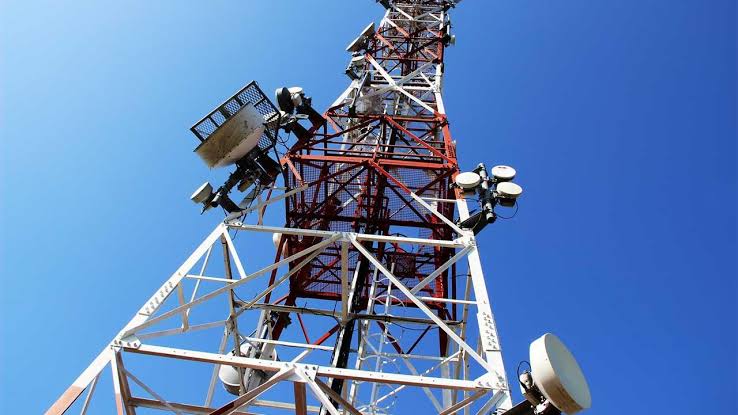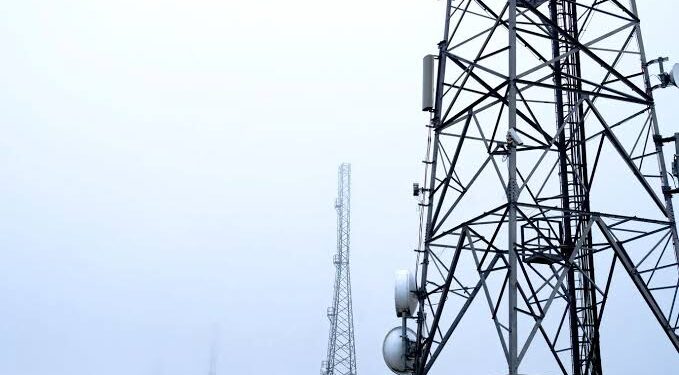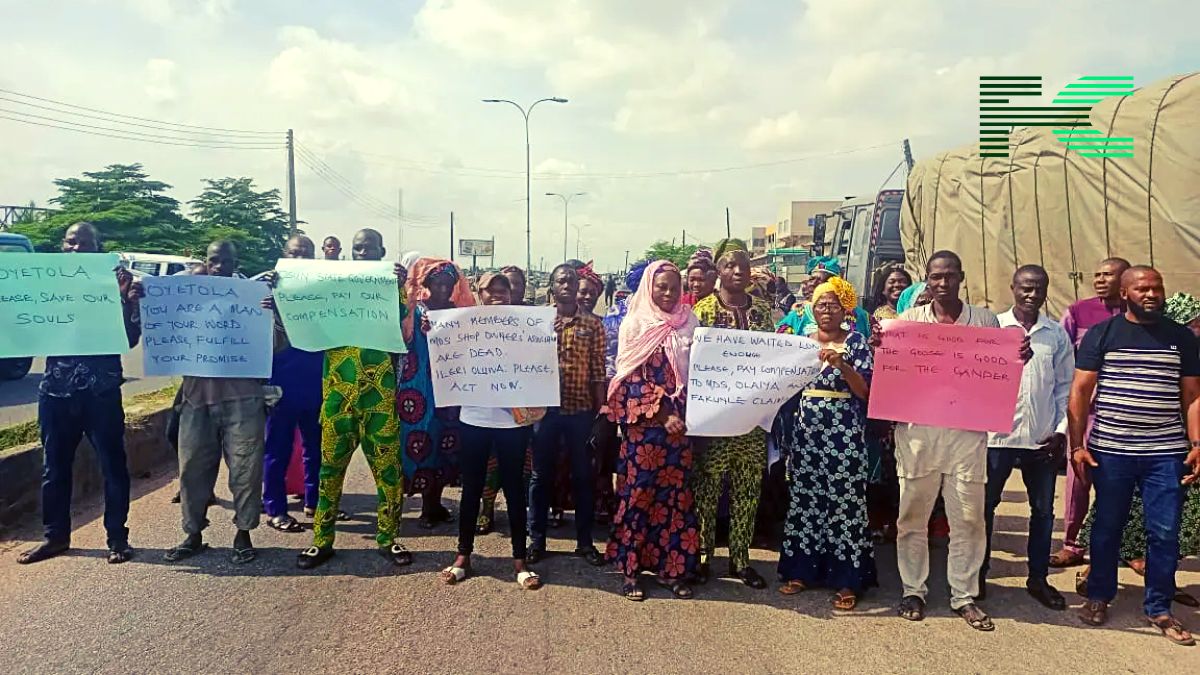Nigeria’s telecommunications industry is currently unprecedented crisis, as investments continue to dwindle due to unprofitable returns on capital and critical economic hardships. This increase may worsen the already declining network quality which would hinder its capacity to provide for ever-rising demands for dependable and effective communication services.
Industry leaders and specialists, the sector may have recorded a negative returns on capital due to drastic depreciation of Naira that caused forex losses. In June 2023, exchange rate was N471 to a dollar but decreased drastically reaching N1570.99/$ by August 12th, 2024 putting huge financial burden on telecom providers.

The latest data from the National Bureau of Statistics, reveals that foreign investments into the telecommunications sector have dropped sharply from $456.83 million (in 2022) to $134.75 million (as at 2023). The trend is expected to persist, as operators struggle with rising operating costs, inflationary pressures and declining revenue growth.
The GSMA (Global System for Mobile Communications Association) has communicated that the financial performance of the sector has not been adequate to accommodate the capital-intensive nature of this business. They want timely action to be taken in relation to the issues that the industry is grappling with deeply.
To emphasise the crucial need for tariff adjustments in order to achieve the goal of sustainability, industry specialists and other involved parties came together at the Financial Derivatives Company’s event dubbed “Telecoms Industry 2.0: The Next Investment Frontier in Nigeria” on Tuesday. The stakeholders called on government to intervene and try to solve problems besetting this sector such as multiple taxes, skyrocketed power tariffs, and regulatory impediments.
The Nigerian Communications Commission (NCC) has put up a target for 70% broadband penetration by 2025. But current waning investments could defeat this target and therefore put an end once and for all our digital economy dreams.
In response to this crisis telecommunications firms have declared their intentions to cut down on capital expenditure plans. Two major players MTN Nigeria and Airtel Africa have expressed their will not to invest anymore as they cite unfavorable economic conditions.
The telecommunications sector contributed N33 trillion to Nigeria’s GDP in 2023 and generated N2.4 trillion in tax revenues as such the government has no choice but act decisively towards addressing economic problems and creating an enabling environment for businesses to thrive through investment, growth and innovation.














